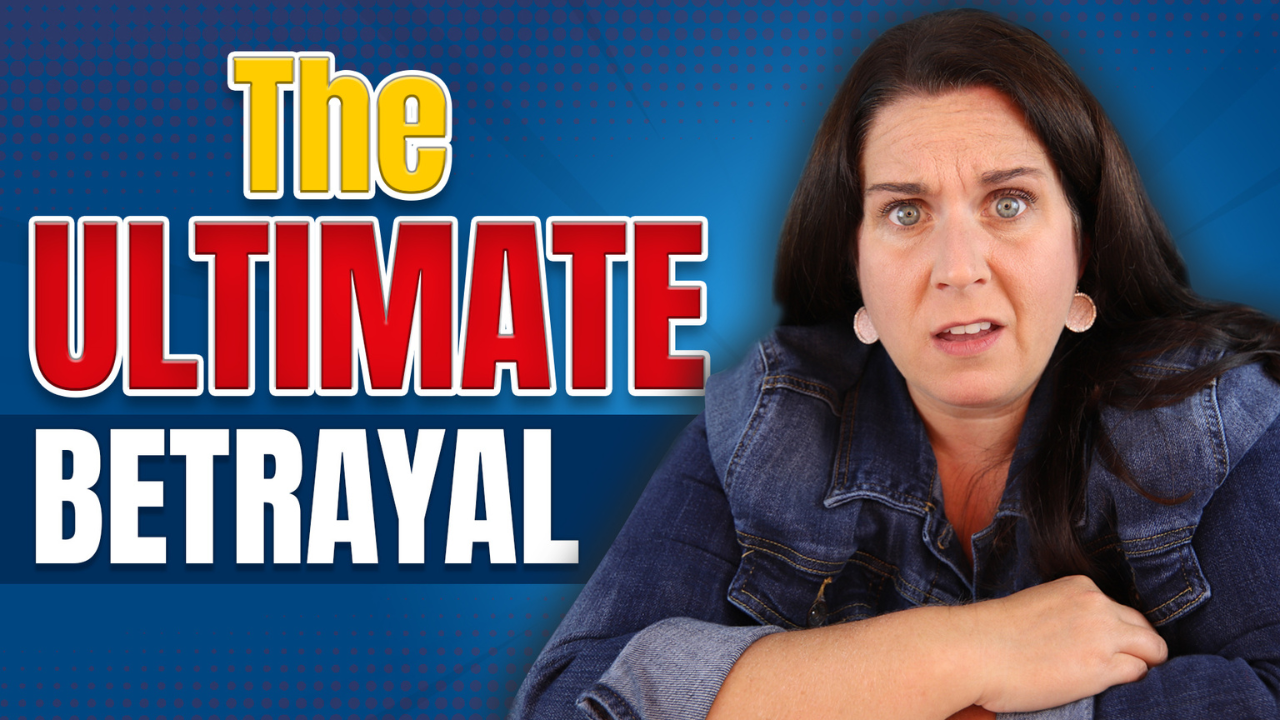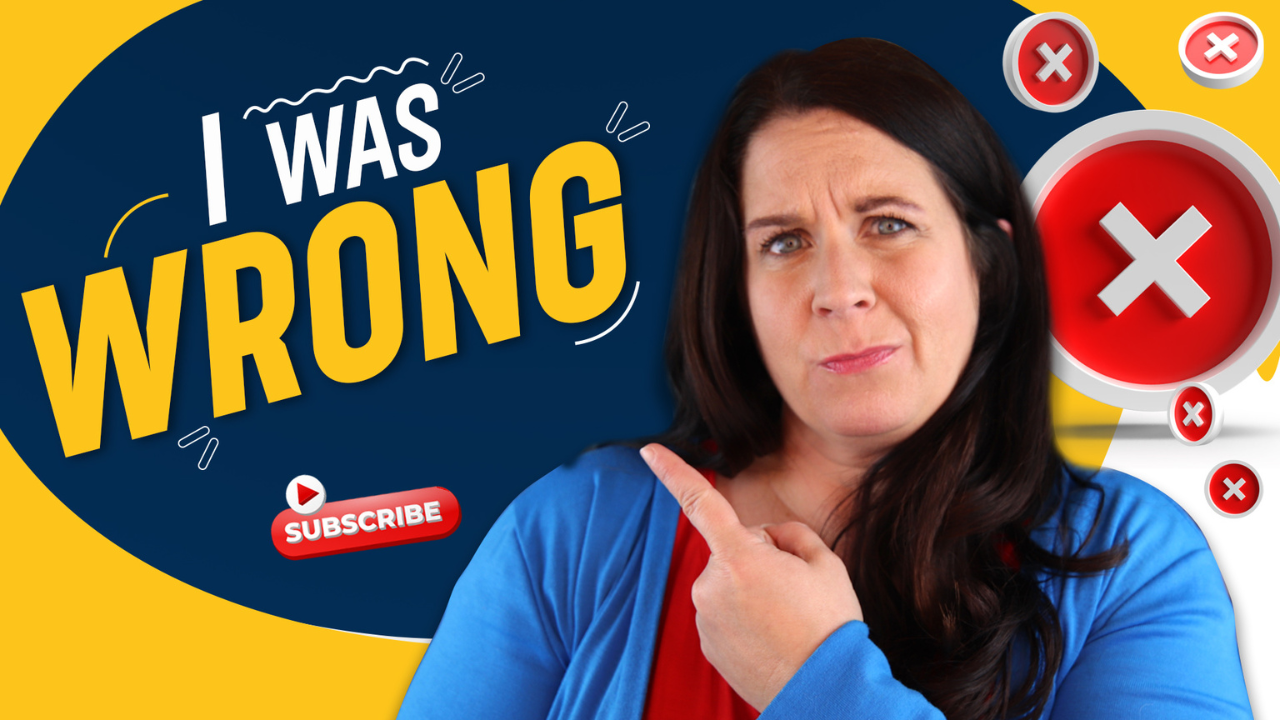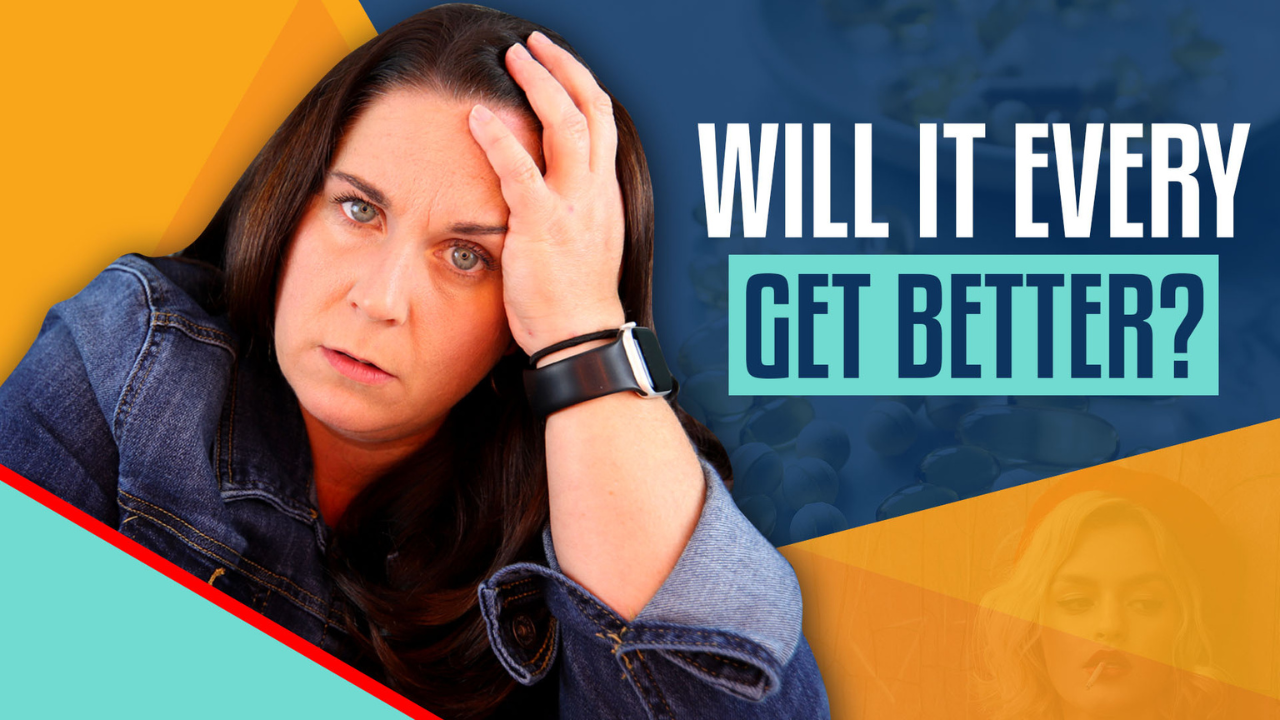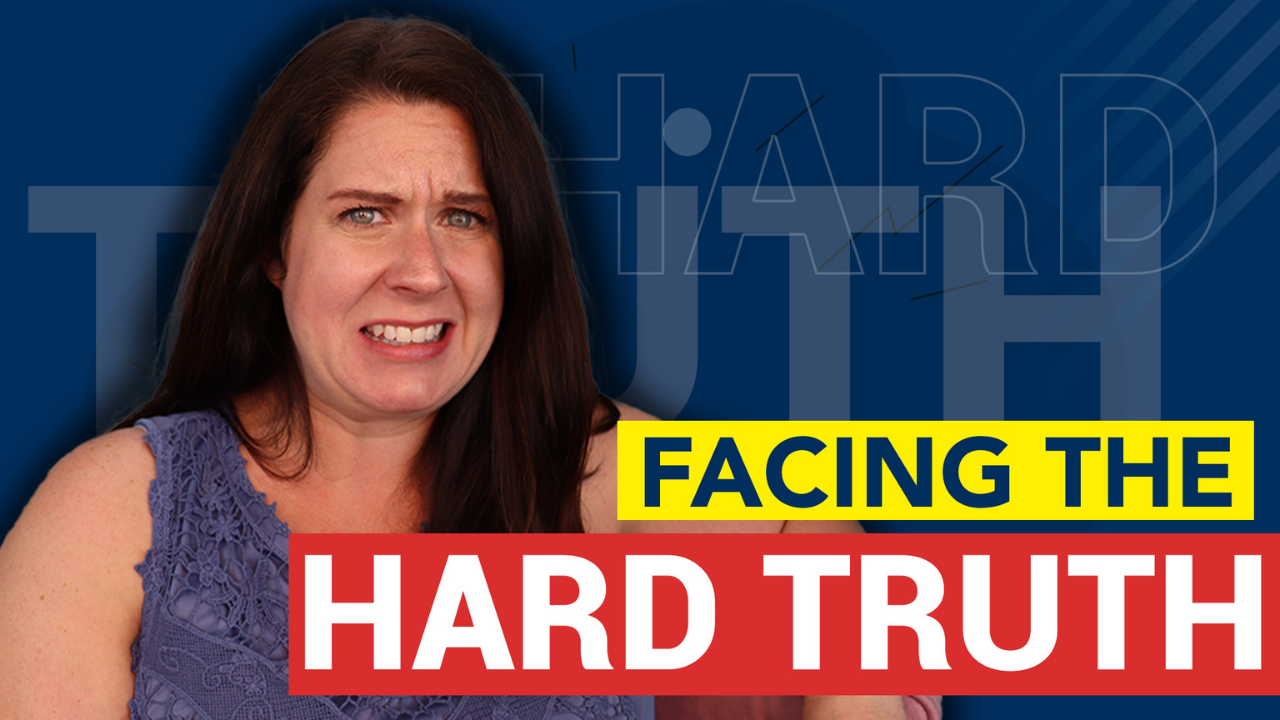The Harsh Reality Behind Being A Highly Functional Alcoholic
Facing Hard Truths: Understanding Functional Alcoholism
A lot of people use the term "functional alcoholic" to downplay the severity of a drinking problem. But let's be honest here: functional alcoholism is just a deceptive label masking the reality of someone battling alcohol use disorder. In this blog post, I'll delve into three hard truths about functional alcoholism and how to confront it head-on.
1. No Such Thing as "Functional Alcoholism": Despite the common usage of the term, there's no clinical diagnosis for "functional alcoholism." As an addiction counselor with over 20 years of experience, I can attest to this fact. Alcohol use disorder (AUD) is diagnosed based on a set of 11 symptoms, ranging from mild to severe. It's crucial to understand that alcoholism isn't a fixed label but rather a spectrum reflecting the progression of the disorder.
2. The Illusion of Functionality: Many individuals mistakenly believe they're functional alcoholics because they maintain aspects of...
Get Sober Without Going To 12 Step Meetings
Embracing Sobriety: Shifting Perspectives for Lasting Change
If you're looking to break free from addiction without relying on the usual 12-step programs, here's a fresh perspective: Let go of the "alcoholic" label.
Let's be real: if you're questioning your relationship with alcohol, it's probably causing chaos in your life. Instead of getting hung up on labels, let's ask ourselves a more important question: How does alcohol affect where I'm headed?
Consider this: Does alcohol fit with the person you want to be? Does it support your roles as a parent, partner, professional, or friend? If you're having doubts, it's probably time for a change.
Think of yourself like a plant. Instead of watering yourself with alcohol, which stunts your growth, it's time for a mindset shift.
Now, I get it. The 12-step approach isn't for everyone, and that's okay. Drawing from my 22 years of helping people find sobriety, I've seen many paths to success, all centered on personal growth.
In your journ...
Does Polyvagal Theory Explain Why People With Addictions Make Such Bad Choices?
Special guest Justin Sunseri, LMFT, explains the relationship between trauma, addiction, and the Polyvagal Theory.
Learn more from Justin about Polyvagal Theory and self-regulation👉🏻https://www.justinlmft.com/
ADDITIONAL RESOURCES:
🆓FREE Downloadable Resources
📢Get access to our advanced family recovery skills
You've Stuck By Them Through Their Addiction, and Now They Decide To Leave You
This situation came up in one of our groups recently. Someone posted about how their boyfriend of five years left them for another girl, and now he's sober, they're together, and this person is left feeling like, what does she have that I don't have? Of course, it always hurts if somebody breaks up with you or leaves a relationship. It hurts when someone breaks up with you if you don't like them. So it digs in when someone you've put up with all of their crap and forgiven them a million times, stood by their side, had their back, fixed their problems. It is like a jab in the heart when this person leaves you.
Because not only does the loss hurt, but the pure rejection of it feels massive. So I want you to understand how and why that happens.
Their addiction has been wanting to get rid of you for a long time because you're the one standing in the way between them and the addiction. In most cases, someone's addiction will trigger you to act crazy, be the bad guy role, yell, scream, t...
Why I Refuse to Believe Addiction Equals Powerlessness
I have a lot of mixed feelings about the term POWERLESS. I believe in the concept in some ways, but it's a hindrance in other ways. For those unfamiliar with that concept, it comes from Alcoholics Anonymous, the first of the 12-steps reads to admit that I'm powerless over alcohol and that my life has become unmanageable. "We admit to ourselves that our lives have become unmanageable and that we were powerless over our addictions." If you're in AA, you say powerless over alcohol.
When you're in Al-Anon, the AA version is for the family member. In that case, it reads, "We admit to ourselves that our lives have become unmanageable and that we are powerless over our loved one's addiction."
Why I moved away from this concept
Before I tell you why I've moved away from this concept, I want to tell you what I still like about it and believe in related to this term, powerlessness.
Most people, when they're in the beginning stages of trying to overcome a drug or alcohol problem, they go thro...
How to Address The Root Cause Of Any Addiction
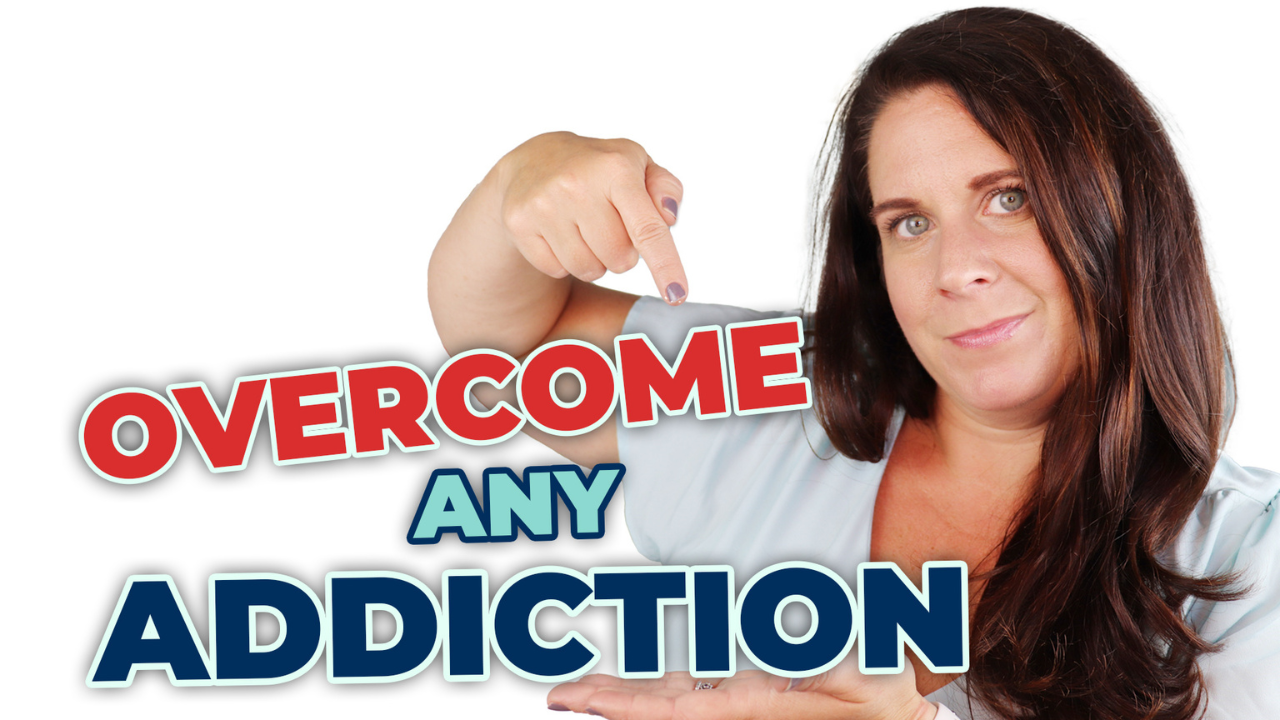
Most of us could agree that people are more prone to developing an addiction of any kind when they're down, isolated, alone, or when things are not going great.
So these situations can look like this:
- experiencing a significant loss in life
- being a new or overwhelmed mom
- being stuck in a bad relationship or job
What do we often do when we don't feel great about our situation?
We look for something to make us feel better. When you're in those situations, like I just described, feeling better isn't easy, and the usual stuff often doesn't work. But there is one quick, reliable, easy way to feel better fast: to drink, use drugs or engage in other addictive behavior.
Why is that? It's because those addictive things, whether they're substances or behaviors, typically trigger—the neurochemical dopamine. Most of us have heard about dopamine before; we all know it is a reward chemical. The problem with dopamine is that it makes us go after something that our brain thinks is rewarding,...
If You Want To Understand Addictive Behavior, Watch This Video!
Recently, one of our viewers asked the following question:
"Why does it seem that people with addictions (drug, alcohol, or any addiction) aren't able to self-soothe?
The truth is there are several reasons for this.
Reason #1
The first reason people with addictions have trouble self-soothing or coping with things is that they're on an emotional roller coaster.
They're alternating between feeling great and feeling terrible.
They're constantly on this treadmill.
A lot of the time, the person is in an actual withdrawal state. If you haven't experienced this before, I want you to take a minute and think about the last time you felt sick. At that moment, while you're lying in bed, you want the misery to end. Think about how well you coped with things when your kids needed something when your boss or work was calling you, asking you for something, think about how you felt inside your head.
I bet your emotional response wasn't as great as it usually would be because when we're in dist...
Addiction Keeps You Stuck In A Victim Mindset!
Abusing drugs and alcohol keep you stuck in a victim mentality. I'm going to give you the four reasons why that happens.
This is one of those uncomfortable truth kinds of moments. When you're overusing drugs and alcohol, it most certainly keeps you stuck in a victim mentality. You get stuck on past hurts, you get stuck on things going wrong in your relationship, and you don't get over lost dreams and hopes and disappointments. You stay stuck in financial worries, and there are several reasons for this.
#1 reason why addiction keeps us stuck in victim thinking
The first and one of the biggest reasons this keeps you stuck is because when we use substances, it causes us to ruminate over all the bad things that have ever happened to us.
We replay it over in our heads, and as we do that, those hurts get bigger. It's kind of like when a piece of gossip starts. The first time you tell it, it's dramatic enough, but by the 10th time you tell it, the whole story is even more outrageous. The...





